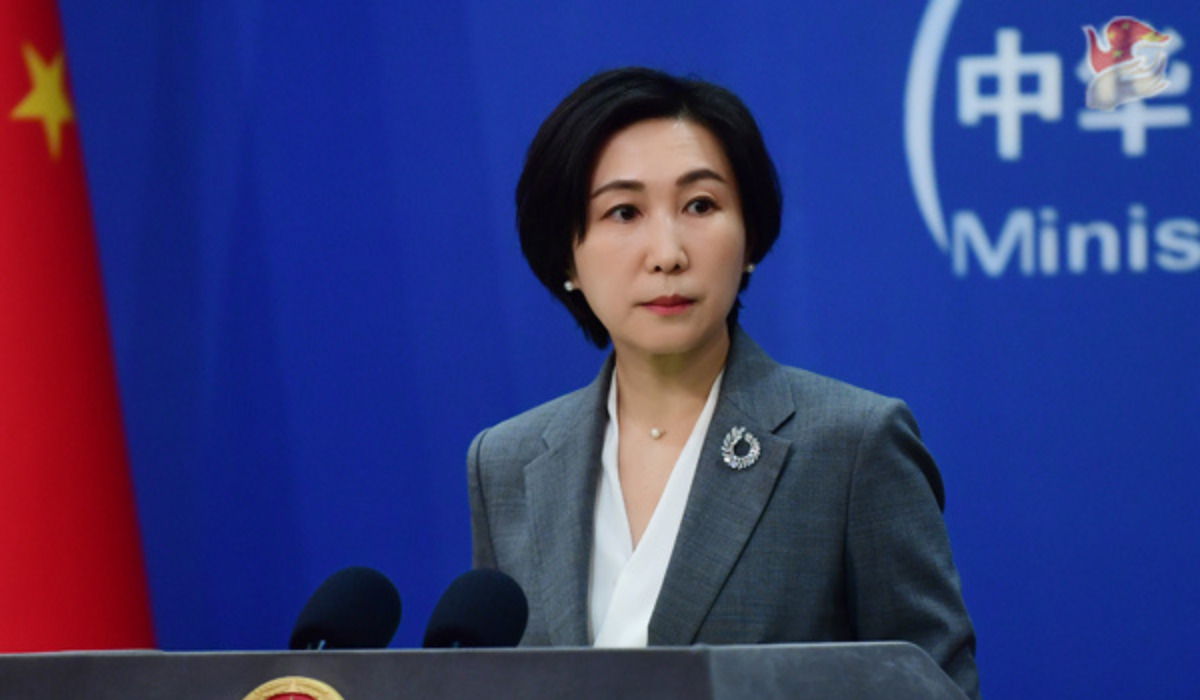China has called on the Taliban caretaker government to take more “solid steps” that serve the interests of the people of Afghanistan and meet the expectations of the international community.
Addressing a press conference on Monday, China’s Foreign Ministry’s Spokesperson Mao Ning said that the Taliban can gain “understanding, trust and support from the rest of the world” if it does so.
“We hope that the Afghan interim government will take more solid steps in the direction that serves the interests of the Afghan people and meets the expectation of the international community, so as to gain more understanding, trust and support from the rest of the world,” Mao said.
Meanwhile, she added that Beijing has been committed to the peaceful reconstruction and independent development of Afghanistan since the collapse of the former republic government.
“A series of measures have been taken to grow the economy, eliminate corruption, ban drug cultivation and improve people’s wellbeing and public order, which has seen effective results,” Mao said.
“As we speak, Afghanistan still faces quite a number of challenges and the international community still has many concerns over the Afghan interim government’s governance approach,” she added.
This comes as China has been intensifying its efforts to enhance Beijing’s political and economic relations with the Taliban.
According to several Taliban ministries and the Central Bank, the Chinese ambassador in Kabul and Chinese investors held eight meetings with Taliban officials in the first three weeks of June.
Over the past 18 days, China’s envoy in Kabul and a group of Chinese investors have held four meetings with the Taliban’s acting minister of mines and petroleum Shahabuddin Delawar, two meetings with Taliban’s acting energy and water minister Abdul Latif Mansoor, one meeting with Taliban’s acting governor of Afghanistan’s central bank Hidayatullah Badri, and one meeting with Taliban’s head of revenue Sher Mohammad Mushfiq.
The meetings have focused on issues around Afghanistan’s mines, including lead, zinc, gas, lithium, and talc.
Reports indicate that Chinese companies have already started investing in producing energy using coal in Afghanistan.





